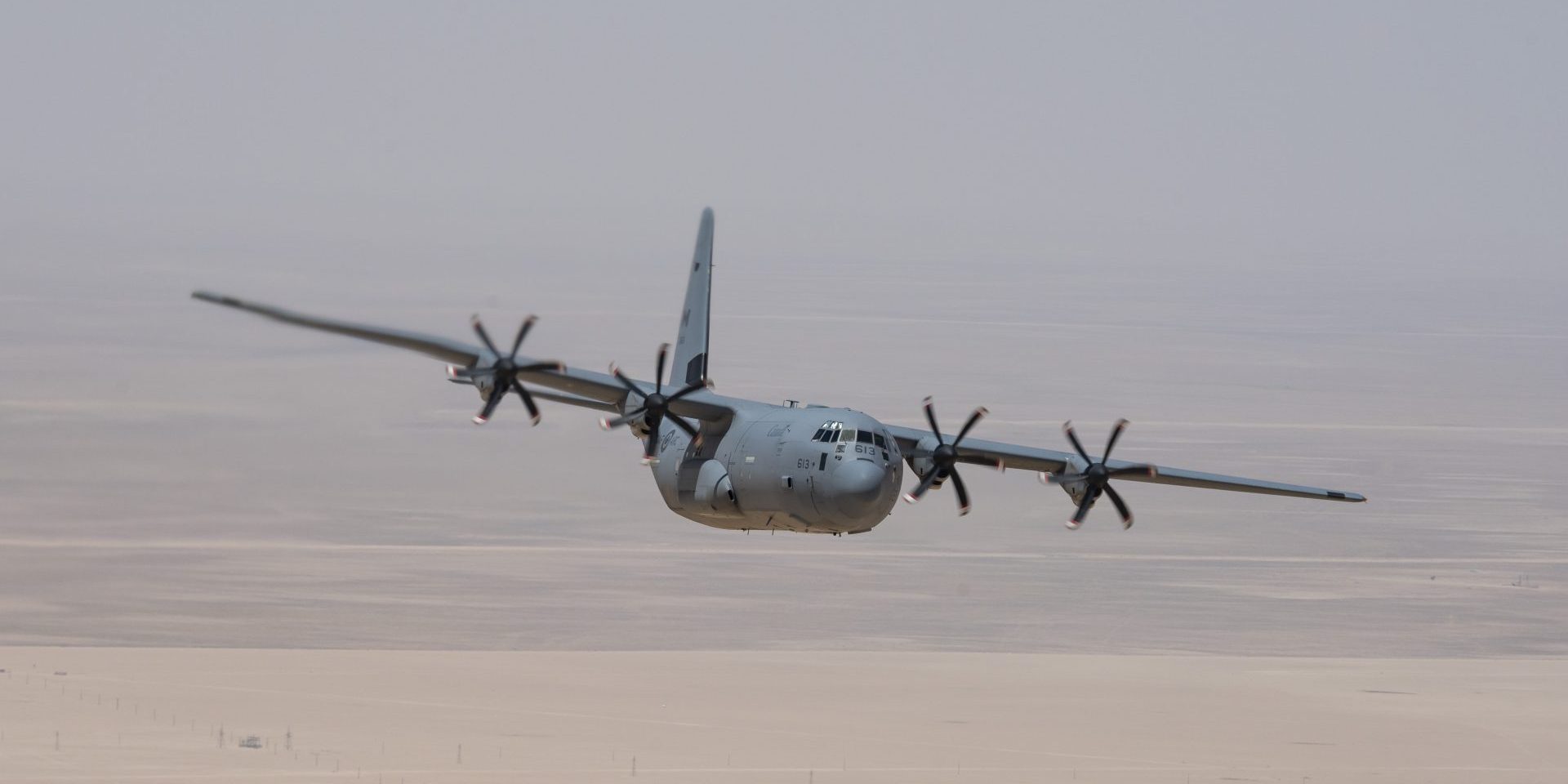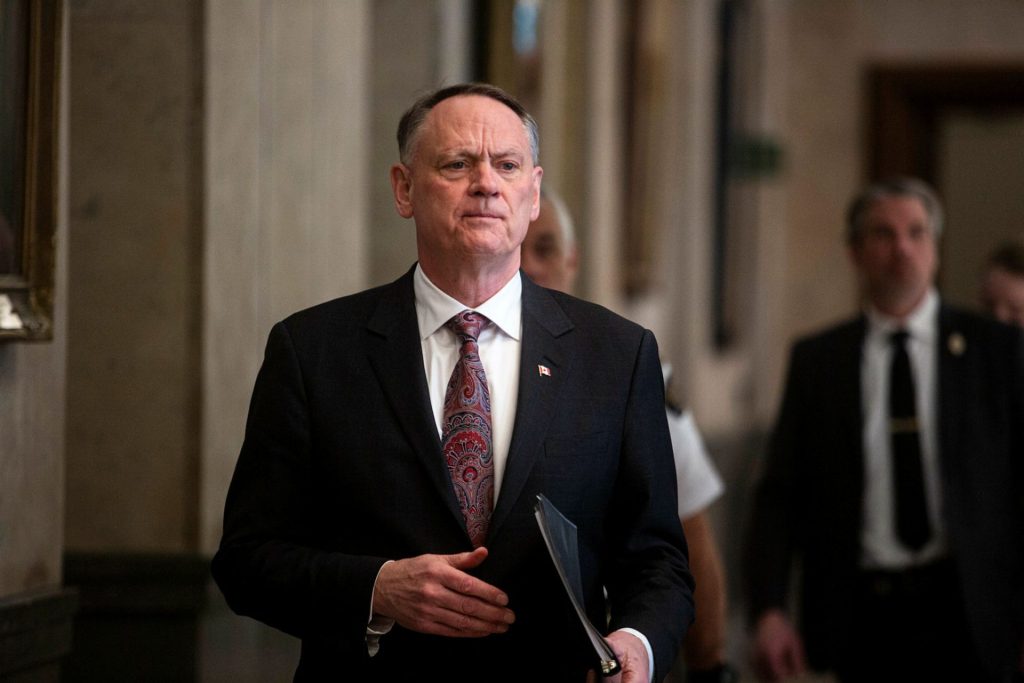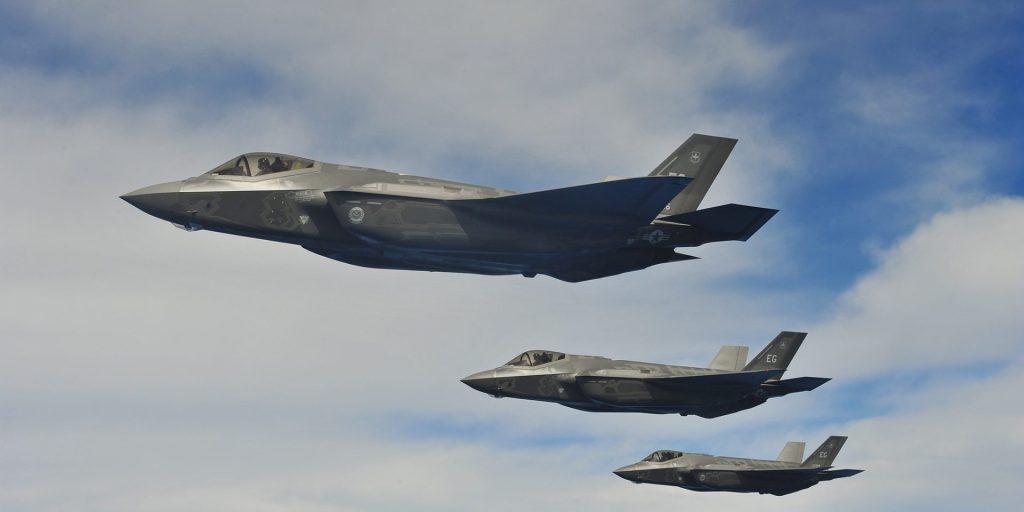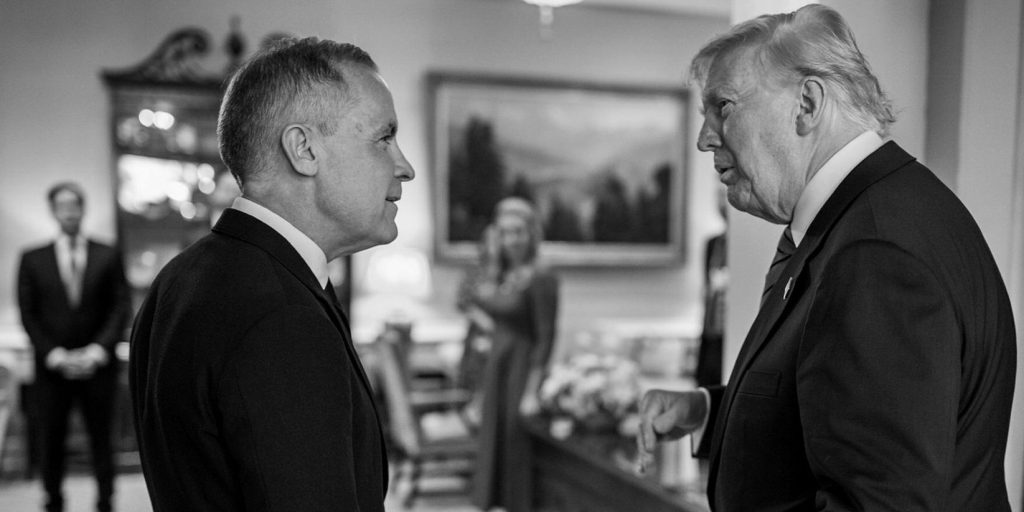Feds spent at least $1.7-billion on defence contracts in the first half of 2025, about 16 per cent of which went to U.S. companies: data

The federal government spent more than $1.7-billion on defence contracts in the first half of 2025, according to new data from the Department of National Defence and Public Services and Procurement Canada, the two federal departments responsible for military and related purchases.
New Department of National Defence (DND) data provided to The Hill Times on request shows that the department has awarded 58,619 defence contracts worth nearly $789.4-million in the first half of 2025. This figure does not include small contracts valued at less than $10,000.
Meanwhile, Public Services and Procurement Canada (PSPC)—as the central purchaser for the government—has spent more than $884-million on 92 defence-related contracts between Jan. 1 and June 30, according to new data requested by and provided to The Hill Times.
Those figures only cover contracts which DND and PSPC awarded separately under their own authority. The totals do not include the value of contracts awarded under the National Security Exception (NSE).
The NSE is a provision under most of the country’s domestic and international trade pacts which allows the government to bypass obligations on procurement on grounds of national security.

DND spent $789.4-million in contracts, $68.6-million went to U.S. entities
According to government records, approximately 16 per cent of the total defence procurement spending in the first half of 2025 went to American companies as the Liberal government tries to diversify suppliers away from the U.S.
U.S.-based companies received more than $68.6-million in DND contracts between Jan. 1 and June 30, 2025, through 1,111 contracts, according to departmental data. This figure accounts for roughly 8.7 per cent of DND’s total spending for contracts in the first half of the year.
This is an increase from the approximately $55-million spent in the first half of 2024 that went to American companies, according to the federal government’s public contracting data, which says DND spent approximately $30-billion on defence contracts throughout 2024.
DND data provided to The Hill Times shows that $104.8-million of that 2024 spending went to American suppliers, through 2,641 contracts.
While the DND data contains a breakdown of total defence contract spending in 2025—including federal money that went to U.S. companies—it does not include a full list of goods and services procured, nor suppliers.
DND also noted that the accuracy of the data provided is “subject to users throughout DND the Canadian Armed Forces entering the information into the Contract Data Management System (CDMS).” That means the DND data does not report sub-contracts.
David Perry, a defence procurement expert and president of Canadian Global Affairs Institute, told The Hill Times that the National Security Exception is used often in some of DND’s most significant and highest-value contracts. The lack of this data makes it harder to get a sense of how much departments have spent on defence contracts, he said.
Perry noted that the way the government presents contract data makes it difficult to track patterns over time, and to get a full and representative picture of exactly how and where federal money is spent.

PSPC spent $884-million on defence-related contracts in the first half of 2025
Of the 92 defence-related contracts awarded by PSPC in 2025 so far, more than half—52—were awarded on behalf of DND. The rest of the procurements were carried out for a dozen other departments, with the Department of Fisheries and Oceans having 14 contracts, the Royal Canadian Mounted Police and the Canadian Coast Guard each having seven, and the Department of Transport procuring four.
PSPC did not provide a separate list to identify U.S. suppliers, but its data shows that, within the first half of 2025, more than $200-million was awarded to known American companies or their subsidiaries such as General Dynamics and Mercury Systems, as well as U.S. government entities like the National Security Agency and the Department of the Navy.
The largest contract awarded by PSPC—worth $108-million—went to NATO Seasparrow Surface Missile System Project Office, a U.S.-based joint international military and industrial consortium, in February. Almost one-third of the total PSPC spending for defence contracts in the first half of 2025 went towards the same consortium, with seven contracts awarded for about $306-million combined.
Government records show that over the past three fiscal years, PSPC has awarded an annual average of approximately $1.3-billion to suppliers located in the U.S., which does not include Canadian-based suppliers that are subsidiaries of American companies or contracts awarded under the Foreign Military Sales (FMS) program. The FMS program allows foreign countries to buy defence goods and services and training through government-to-government agreements.
In 2024, PSPC awarded $14.6-billion in defence contracts on behalf of government departments and agencies, including DND. About $13.6-billion of this total was spent within the first half of the year.
The department procured a broad range of products and services mostly including ship and marine equipment, communications security equipment, guided missiles, warheads and explosive components, fleet management services, radar equipment, and rockets.
According to March briefing material prepared for the then-procurement minister Ali Ehsassi (Willowdale, Ont.), the department lacks complete data on where its suppliers and the goods and services come from. PSPC estimates that American suppliers are awarded approximately 10 per cent of the value of all Canadian federal procurement contracts, including those for defence.

Carney pushes to reduce defence reliance on the U.S.
Prime Minister Mark Carney (Nepean, Ont.) has pledged to overhaul Canada’s long-troubled defence procurement and reduce the military’s “over reliance” reliance on U.S. suppliers amid the escalating trade war and the annexation threats from U.S. President Donald Trump.
In March, Carney ordered a review of the purchase of 88 F-35 fighter jets from major American defence manufacturer Lockheed Martin—one of the largest pending procurements between the two countries—which is expected to be completed by the end of the summer.
“We will ensure every dollar is invested wisely, including by prioritizing made-in-Canada manufacturing and supply chains,” Carney said in June as he announced $9.3-billion in additional funding for defence this fiscal year, with $2-billion allocated to reducing Canada’s reliance on the U.S. “We should no longer send three-quarters of our defence capital spending to America.”
The prime minister also pledged to increase defence spending to five per cent of the country’s GDP by 2035, which he said would cost the government $150-billion per year.
Defence Minister David McGuinty (Ottawa South, Ont.) echoed that message on Aug. 7, saying, “In all defence procurement decisions, our government will prioritize defending Canada and Canadian sovereignty, while supporting Canadian industry wherever possible.”
David Pratt, a former federal defence minister and the principal of David Pratt & Associates, told The Hill Times that “the final disposition of Canada’s trade relationship with the U.S. has yet to be determined,” and that it is very likely that no other source was possible for some of the goods and services PSPC procured from U.S. companies.
He suggested that until there is some indication of where things are headed between the two countries, “the military, for the most part, has to take a business-as-usual approach.”
Some of the big defence procurements pending between the two countries include the F-35 fighter jets, the Aegis Combat System on the River Class destroyers, the order of MQ-9 Reapers, and the P-8 aircraft.
“If these are cancelled, the big question is: how does the [Canadian Armed Forces] replace that capability?” asked Pratt who now works as a defence consultant, lobbying the government for multiple companies.
Defence procurement is overseen by McGuinty, Secretary of State for Defence Procurement Stephen Fuhr (Kelowna, B.C.), and Procurement Minister Joël Lightbound (Louis-Hébert, Que.).
It is yet unclear how the duties are shared between the three ministers, but a new Defence Procurement Agency in the works is expected to be the anchor of that structure. Meanwhile, the government’s highly anticipated Defence Industrial Strategy, which is expected to shape Canada’s defence procurement strategy, is still underway.
—with files from Riddhi Kachhela
ikoca@hilltimes.com
The Hill Times






 LICENSING
LICENSING PODCAST
PODCAST ALERTS
ALERTS













